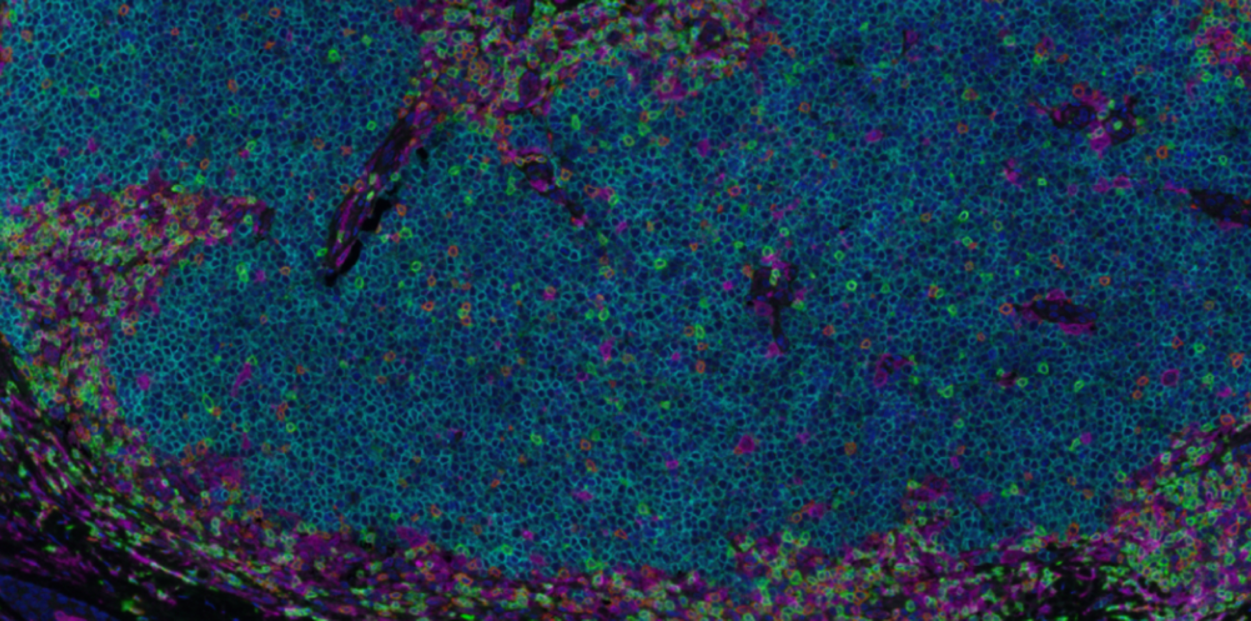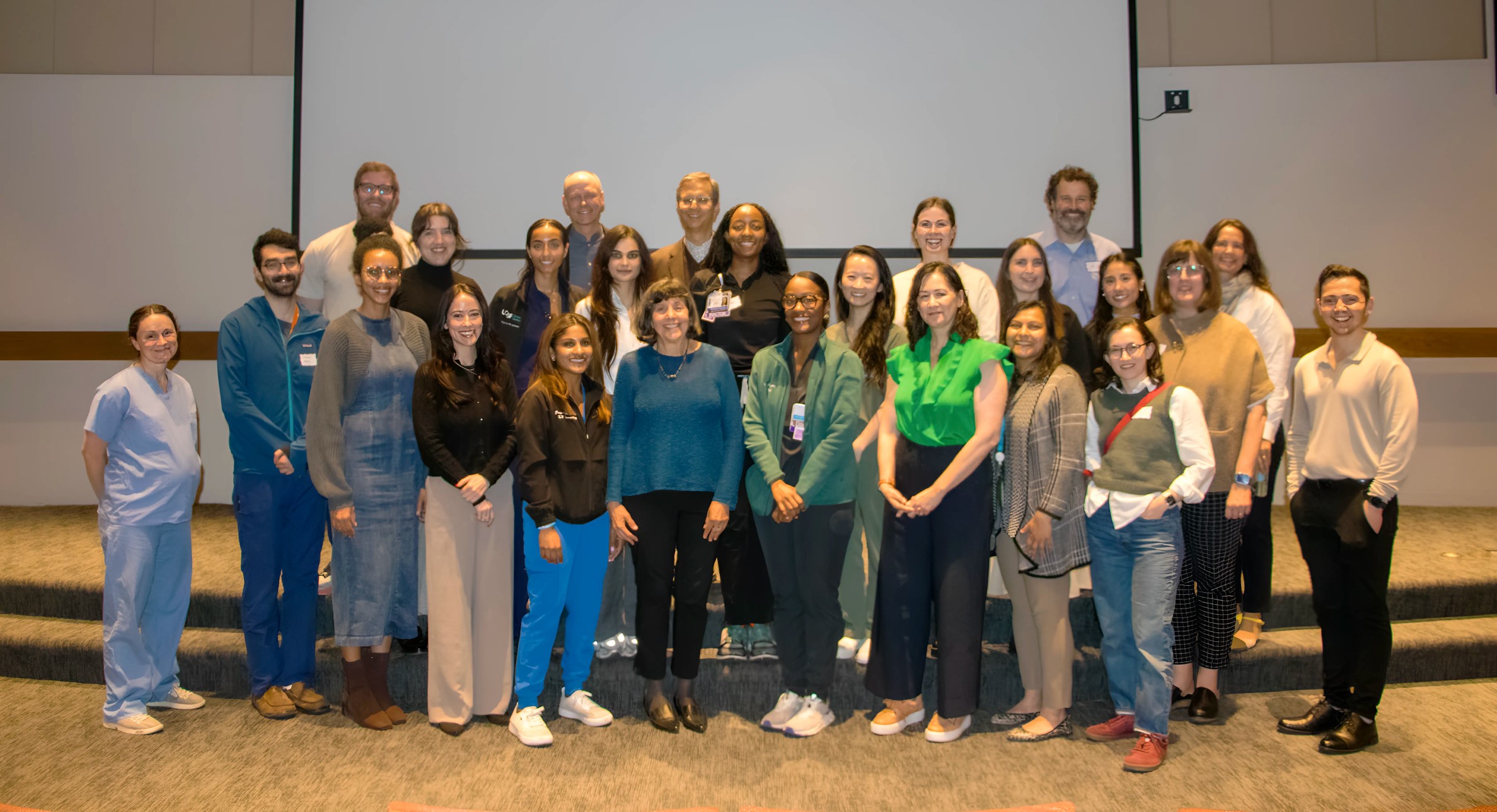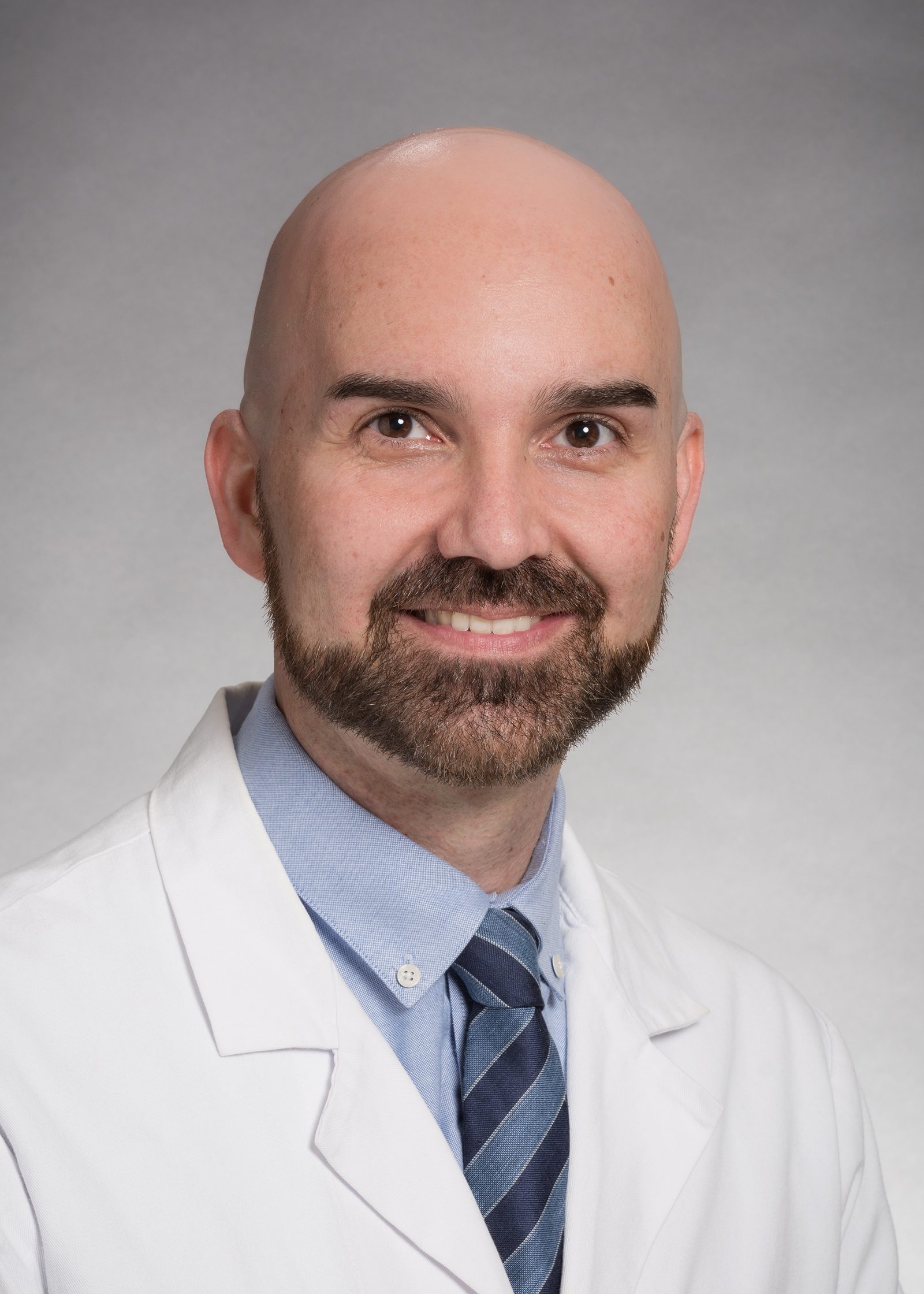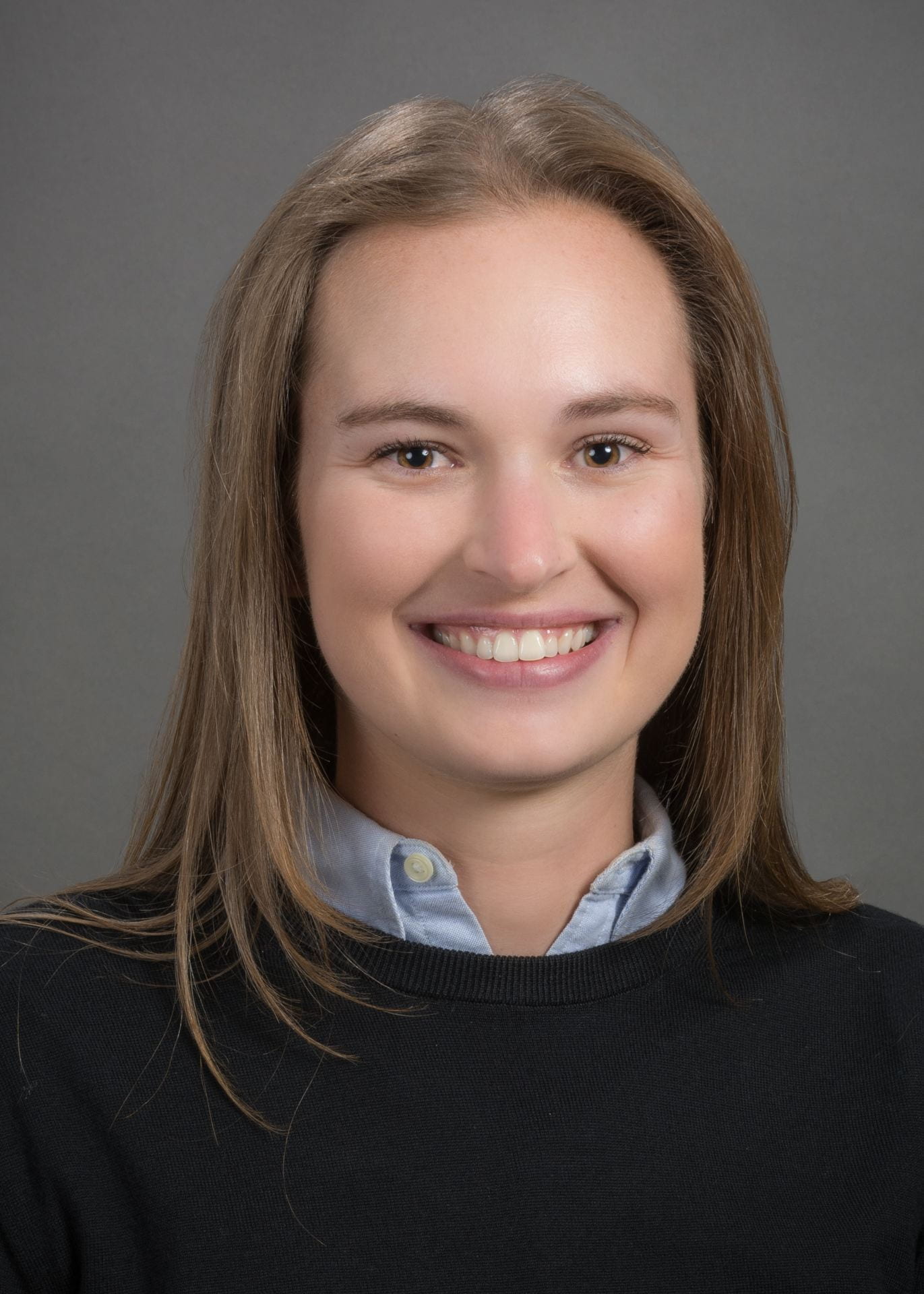Pride Month Spotlight: LGBTQIA Dermatology
In honor of Pride Month, UW Derm spotlights our physician's and team's work promoting LGBTQ focus in medicine and caring for the LGBTQ community.
Providing Gender-Inclusive Care in Dermatology
As the medical community strives to make clinical care more inclusive and personalized for all patients, the UW Derm team is leading efforts toward supporting more gender-diverse patients.
 Dr. Markus Boos, assistant professor and member of the American Academy of Dermatology’s expert resource group on LGBTQ health, has
Dr. Markus Boos, assistant professor and member of the American Academy of Dermatology’s expert resource group on LGBTQ health, has published recommendations to help fellow dermatologists and medical centers provide informed and supportive care for LGBTQIA patients. In addition to creating a supportive environment, using inclusive and gender-affirming language, particularly for clinical procedures, is very important. For dermatologists,
advocating for updates to the gender‐binary categorization in the iPLEDGE system, the risk evaluation and mitigation strategy for prescribing isotretinoin, is a specific way that providers can demonstrate an understanding and commitment to affirming an individual's self-identity, in turn improving the care LGBTQIA patients receive in our offices.
Assessing and Improving Inclusivity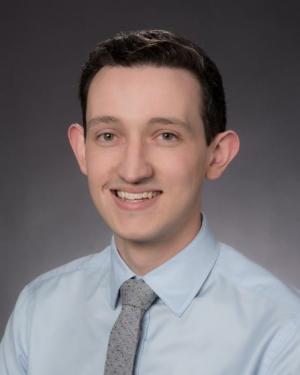
Making medical care accessible and welcoming to all patients is a priority for UW Derm, and we are committed to constantly improving to meet our patient's needs. At our Roosevelt Outpatient Dermatology clinic, chief resident Dr. Max Vale and Medical Director Dr. Jay Vary are seeking to evaluate the current environment and practices by assessing perceptions of inclusivity for LGBTQIA patients.
 Inclusivity can take shape in a variety of ways in the medical field with the overall goal of making all patients feel seen, represented and respected by providers, staff and the medical center.
Inclusivity can take shape in a variety of ways in the medical field with the overall goal of making all patients feel seen, represented and respected by providers, staff and the medical center.
Resident Dr. Emily Duffy is working to evaluate this from the provider's side - assessing provider and staff familiarity and ease with using patient pronouns in order to better facilitate identification and usage in the clinic. Listening to patient experiences and ongoing evaluation of practices helps medical professionals better care for diverse patients and continuously improve the patient experience.
UW Medicine Inclusion and Allyship Resources
Learn how to build your ally skills.
Learn about microaggressions and how to prevent them.
Learn more about Healthcare Equity at UW Medicine.



